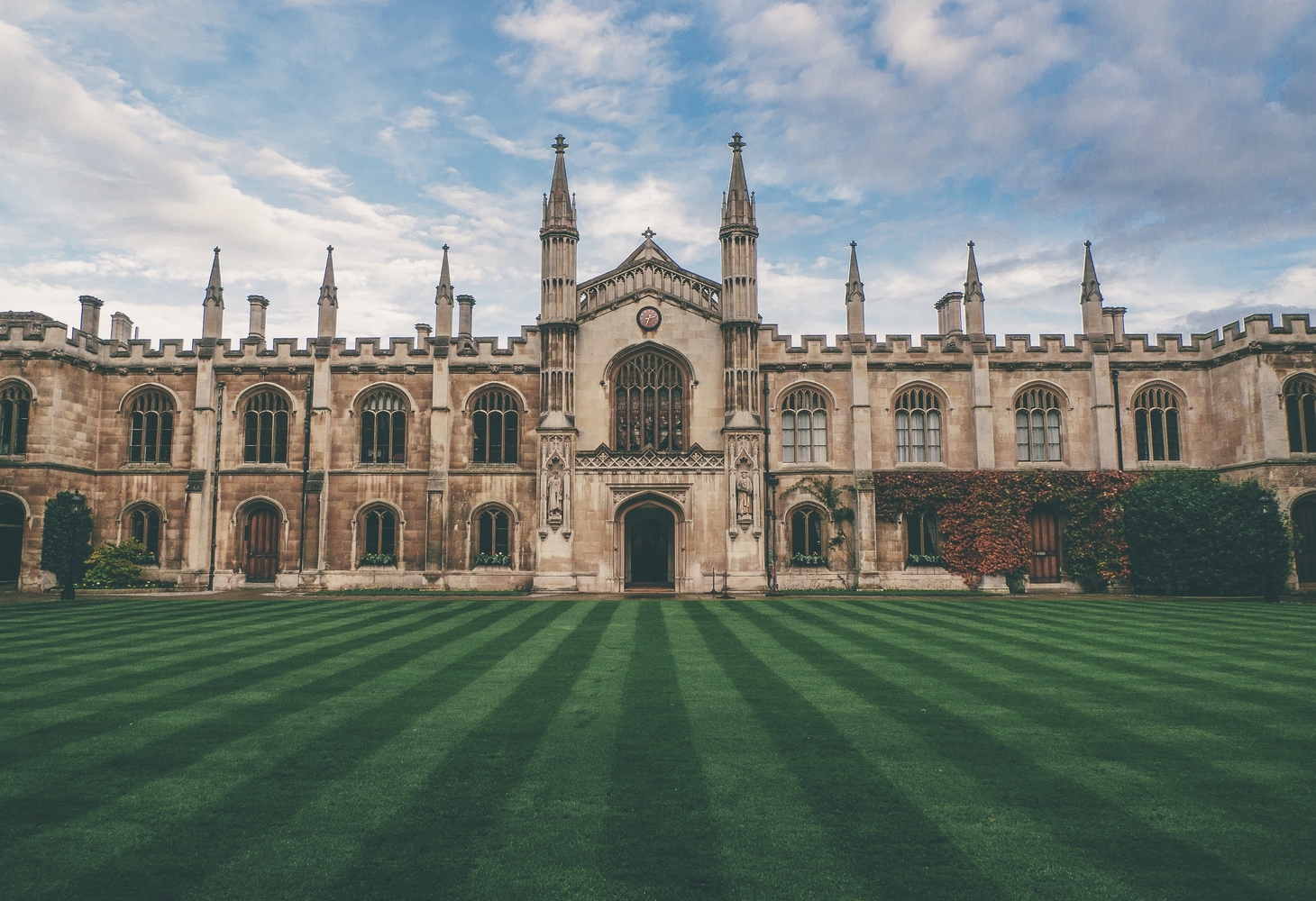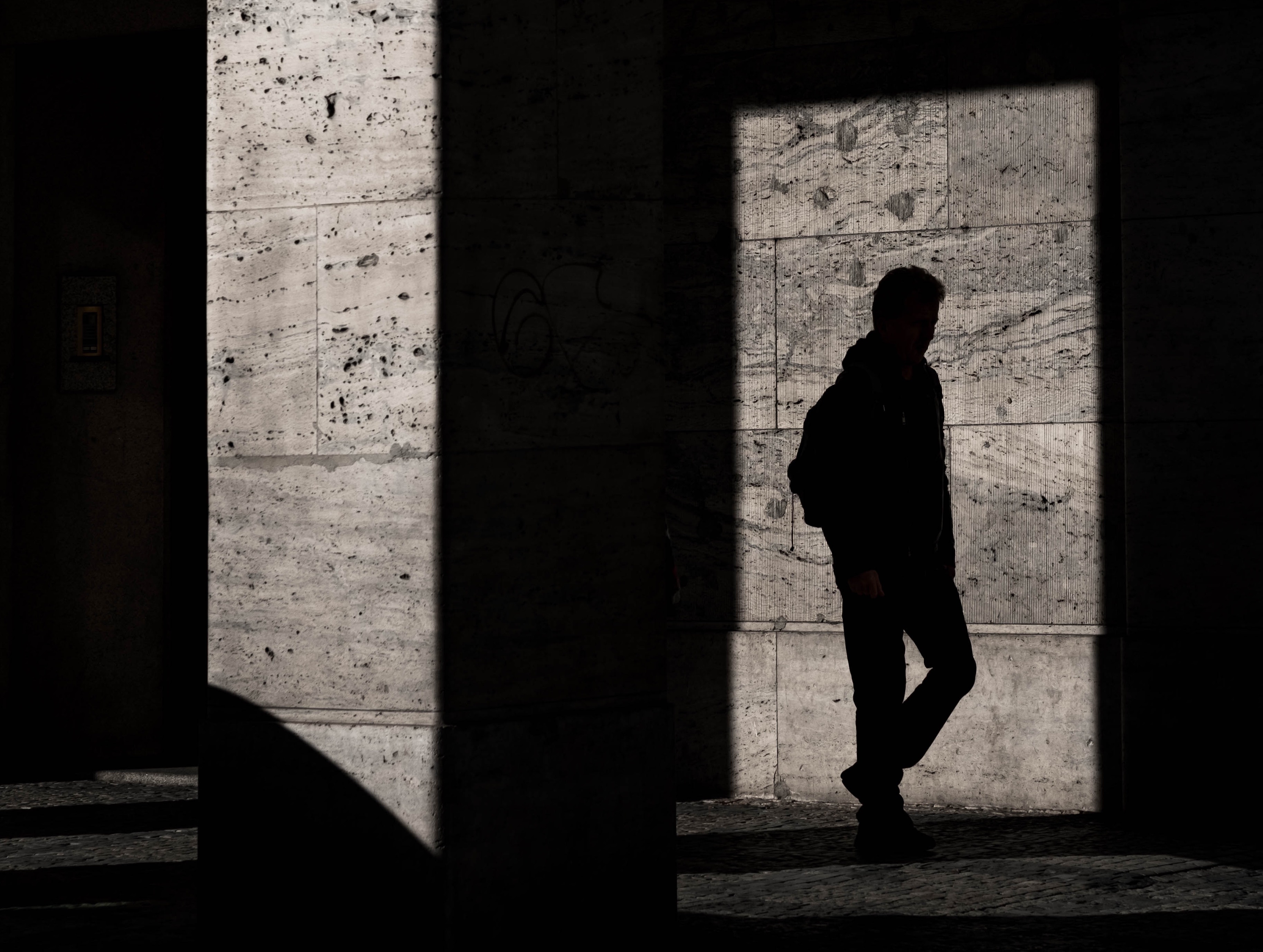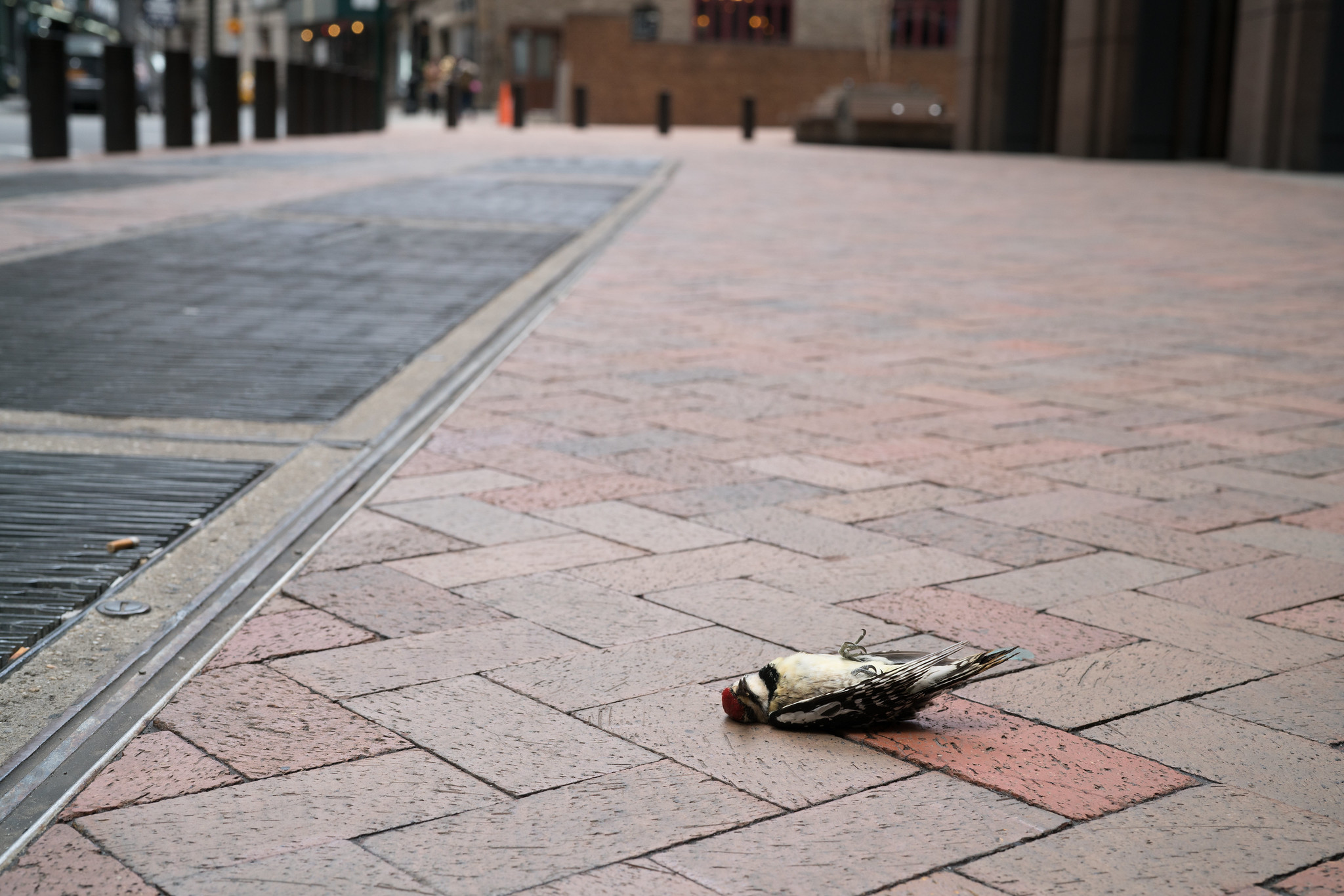Interviews
If MFAs Are a Scam, What Happens When You Scam Back?
Lucy Ives, author of "Loudermilk," knows how it feels to take a joke too far

If you’ve spent any amount of time in a literary scene, you’ve likely discussed whether or not pursuing an MFA is worthwhile. When there’s so much uncertainty about potential return on investment, it’s not exactly a surprise that the community puts a lot of thought into the value of the degree.
Even if the financial hurdle can be surpassed, it’s just as common for students to find their experience in the program lackluster as it is for students to find it utterly enlightening. Perhaps the most alluring thing about an MFA program is the high-caliber writers that end up on staff at these institutions, but this often amplifies the already bizarre social alchemy of these spaces. Students end up in competition not just based on their writing abilities but in gaining the mentorship (read: approval and admiration) of the authors whose work they appreciate.
Situated at America’s lead creative writing program, Lucy Ives’s novel Loudermilk: Or, The Real Poet; Or, The Origin of the World follows a boisterous young man of the same name who, upon learning of the ample stipend awarded to star students, decides to game the system. He isn’t a skilled writer—in fact he doesn’t write at all. Instead, he enlists his anti-social, near-agoraphobic friend Harry to do the writing. Never leading toward where you would expect the narrative to end up, the pair fumbles through their first year, straining their connection in the process. Ives’s insights on class imbalance and the changing nature of creativity make Loudermilk a rewarding read, even for readers who can’t personally relate to the absurdity of literary programs.
I spoke to Lucy Ives about the ever increasing reality that only the wealthy can afford to work in creative fields and whether you need a persona to be a writer.
Rachel Davies: Your first novel is set in a museum and Loudermilk is set at a writer’s workshop. What attracts you to creative institutions as settings for fiction?
Lucy Ives: I think all the time about how much I want literary writing not to be constrained by the conventions of institutions, not to sound like it comes out of a workshop, not to be limited to vocabularies and styles it’s learned in school, not to feel like a well-mannered creation. So there’s another side to the institutional settings of my two novels—one a museum, one a graduate creative writing program—which I think of as an attempt to turn against the conventions associated with these places by offering them up to the reader for scrutiny and reimagination.
RD: At first it’s easy to think of Loudermilk as taking advantage of the socially awkward Harry, but the more things went on, the more desirable Harry’s situation seemed—of being left all day to write and having no need to address the outside world.
Do you think that a persona is necessary in a career as a writer? Are there ways of getting around this in the 21st century?
LI: Do you have a spare persona that you can lend me? I would very much like one. Which is to say: there is a lot packed into your question, regarding mediation of experience and self and how the activity of writing has come, in this century, due to the increasing ubiquity of computational processes and personal devices, to be a means by which we appear in public, whether we consider ourselves writers, in the sense of authors, or not.
I consider myself a writer, which just means that I am a human being who makes use of the internet.
In some sense, I consider myself a writer. This might be “Lucy’s job.” But in another sense, I consider myself a writer, which just means that I consider myself a human being who makes use of the internet and/or who happens to be alive during this period in history. Everyone is a writer now, and literature’s once-special role in the making of the interrelationship between the private and public spheres is changing—since, as danah boyd recently put it, today everything is public and you have to put in work to make things private (I paraphrase; I don’t think she means this absolutely, by the way, given the state of our government, etc.). The novel used to function as a massive info leak, and I think of authors as once having had personas in order to protect their privacy, as they went about making hidden things public. There is a new calculus at play, of course, given the contemporary relationship to data. While I don’t think that the new role of literature is to “make public things private,” in some sort of reversal of the old effect, it is worth thinking more about how literature can continue to give access to information; maybe this isn’t by leaking, per se, but rather by enacting a different sort of gesture in relation that which is not entirely obvious.
RD: Can you talk a bit about the narrative’s connection to the early 2000s? When writing, did you revisit any books that were published around this time?
LI: I certainly revisited Maxim magazine. And The New York Times, The Atlantic; other news sources. I also looked at a number of poetry books published during this period in the U.S. The poems written by the character Harry on behalf of the character Loudermilk are all collaged language I took from articles published in The Atlantic in 2003 and 2004. There was quite a lot of amazing phrasing in there; it all felt very specific, like I was unearthing linguistic artifacts that could not have come into being in another era. In this sense, there’s a historical component to the novel; it contains these cobbled-together lyric indexes from that time. But in another sense, the novel is completely ahistorical, in that it depends on the academic calendar for its temporal structure; it’s just a slice of an ongoing cycle.
RD: There are a lot of hilarious moments regarding the wealth of a number of the novel’s characters and how they view creativity. Do you think there’s a way of combating or reversing the ever increasing fear/reality that only the wealthy can afford to work in creative fields?
LI: I would like to say that I think that institutions have a role to play here. Unfortunately, as the recent “Varsity Blues” scandal has made doubly or even triply clear, many of these institutions are playing a rather different role. I admire anyone who starts a magazine or other creative organization, a theater or gallery or whatever it may be, that pays its staff and contributors a living wage. This is exhausting, crucial work that I think is often underrecognized. Donate a dollar to your favorite magazine/publisher/independent space today. And, if you’re the president of a private American college and happen to be reading this interview, ask yourself, am I really contributing to the flourishing of my country and its arts by causing young people to take on historically unheard-of financial burdens?
RD: Once I had finished the book, I was really in awe of how compelling it was without relying on love, whether it be romantic or platonic. You mention this in the afterword, stating that in the book “a proxy is not an accessory to a comedic plot resulting in happy marriage but rather the main event, the hollow hero we can’t look away from, though in truth we know little enough about him.” Were you at all concerned that readers wouldn’t be so willing to follow Troy on his journey?
LI: I think that at the beginning of the novel we might think that this is Troy Loudermilk’s story, but I am not certain that, by the end of the book, it really is. Loudermilk is a sort of clearing house for the thoughts and opinions of others; he’s an appropriator to beat all appropriators, Kenneth Goldsmith included. So, at the end of the day it’s difficult for him to have a personal trajectory. He is other people, so the story is really about them.
Everyone is a writer now, and literature’s once-special role is changing.
And yes: Romantic love. This is something I have experienced but never written about. I’ve written about loss and also obsession, but never full-throated, reciprocated love. I once had a teacher—a writing teacher, as it so happened—who told me that she could write about anything, and that she had in fact written about almost everything that had ever happened to her in her life. The one thing that she could not write about, or so she maintained, was love. She offered this up as a sort of aphorism: “I cannot write about love.” This was very dramatic and made a big impression on me (as you can probably tell). This said, I am currently working on another book, a novel, and this novel is, in its own way, about romantic love. We shall see if it can be done!
RD: In Impossible Views all of the artworks are made up, but in Loudermilk a number of cultural figures and works are directly referenced, most prominently Gustave Courbet’s L’Origine du Monde. Why did you choose to make direct references in this novel?
LI: The history of Courbet’s painting is so strange it seems invented. It also fascinates me that it was probably painted from a photograph. This shows that painting always had photographic ambitions, certainly even before the invention of the technical image-making processes that were termed “photography”—for indeed there were other, earlier forms of technical images that were associated with painting. There are so many ways, therefore, that Courbet’s painting represents a sort of rupture in the history of Western art: It shows that a supposedly “high art” painting could be instrumental in the same way that contemporary pornographic images, for example, are instrumental, and it also gives the lie to the notion of the “artistic” nude.
This painting has a specific function (it is pornography) and it was copied from a pornographic photograph, yet it is, at the same time, a very skillful, beautiful (I would argue) application of paint that goes along with all the conventions and ideals we associate with the history oil painting. This painting’s ambiguities are so perfect, it seems to be saying everything: it’s elevating painting but also elevating a critique of painting, pointing out the hypocrisies of the profession and the market. Because this painting already says many of the things I wanted to say about institutions and art, i.e., about writing programs and the writing that comes out of them, by analogy, I didn’t need to make up a fictional painting. Thanks, Courbet!
RD: Did you have any experiences in particular while doing your MFA that informed the writing of the novel?
LI: Once I was asked by fellow students in my program who were employed as counselors in a sort of summer camp that the program ran for high schoolers if I would help out with a summer ritual. This ritual involved taking the high schoolers to a certain cemetery in Iowa City where the counselors would play a prank on the high schoolers to scare them. Essentially, they wanted me to go hide behind a gravestone a jump out at a certain moment and say boo. Now, I am an enormous nerd and weirdo, but I present in a fairly conventional way, and perhaps the counselors were just asking me to help them out with this task because I happened to live near the cemetery, but it is fair to say that they were not aware of how earnestly I can throw myself into things.
On the evening in question, I dressed up as my approximation of the ghost of a scarecrow, which involved wearing a paper grocery bag with a smiley-face cut in it over my head, along with some men’s clothing I had probably borrowed from my boyfriend of the time. I got some canned tomatoes and poured them into a plastic grocery bag (big grocery theme here) and went to hide in the cemetery. When the high schoolers arrived, I waited for them to get comfortable, wandering around the place. Then, as they were meandering around in small groups, I would jump out at them and throw tomato at them (or, perhaps just throw tomato on myself). I would laugh maniacally and make what I understood to be ghost noises. I do hope the statute of limitations has run out on this, because I apparently scared the crap out of a number of these young folks, and the tradition had to be ended because of what I had done. I felt really terrible about it afterward! I think I was influenced by Children of the Corn and The Wizard of Oz in unhealthy ways, and I do feel deeply sorry! There is, I believe, something of Harry in this sort of behavior—and of Anton Beans, too. I can get really, really into a charade.









